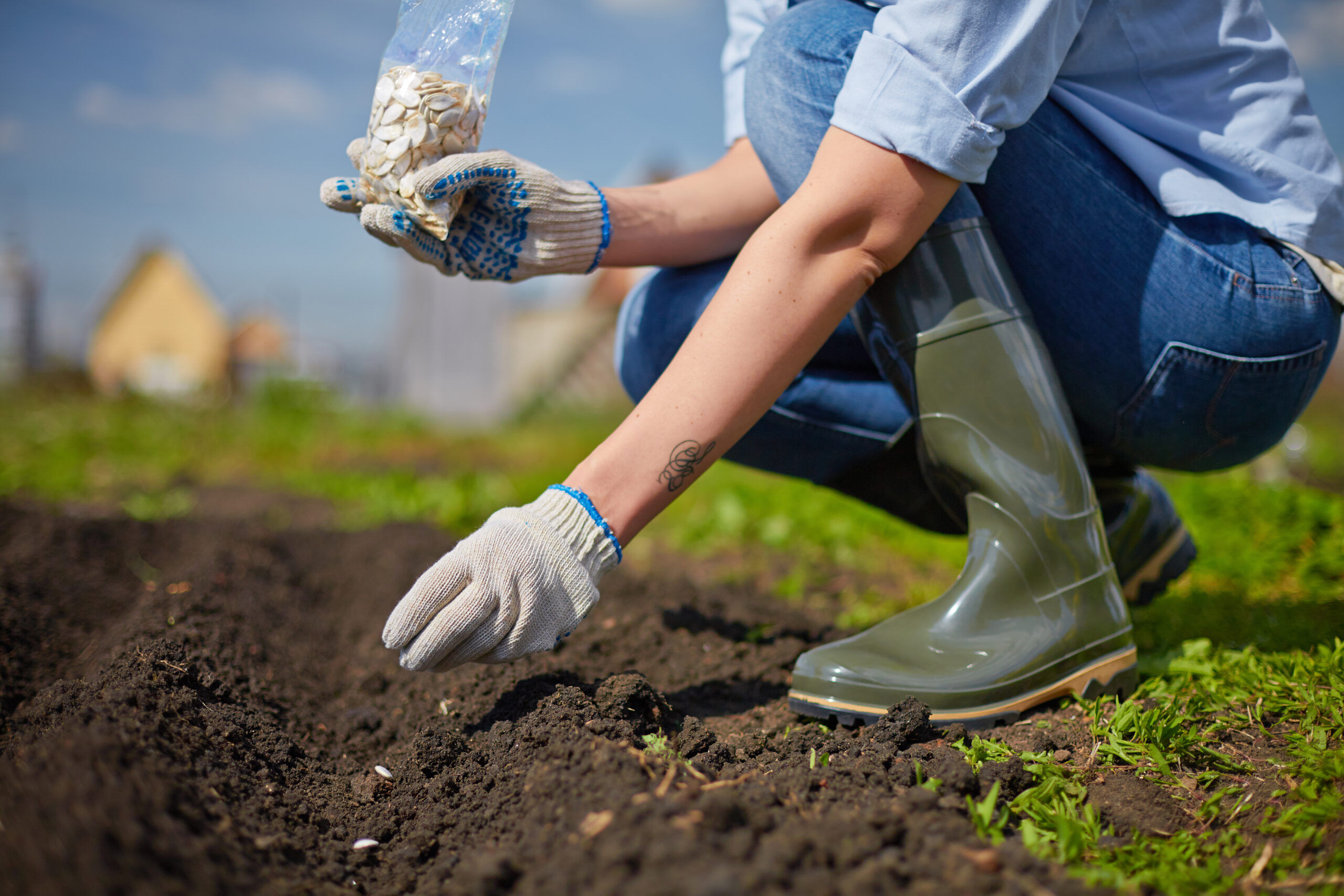Welcome to Home Farming 101! In this blog post, we will cover everything you need to know to get started with home farming. Whether you are a beginner or an experienced gardener looking to take your skills to the next level, this guide is for you. Let’s dive in!
Introduction to Home Farming
Home farming refers to growing crops and plants at home instead of buying them from stores. It can be done on a small scale such as a balcony garden or a large-scale farm in your backyard. The benefits of home farming include fresh produce, lower grocery bills, healthier food options, and even potential income if you choose to sell your harvest. With the right planning and execution, anyone can start their own home farm.

Choosing the Right Plants and Crops
The first step to starting a home farm is choosing the right plants and crops. Consider factors like climate, soil type, space availability, and personal preferences when selecting what to grow. Some popular choices for home farming include tomatoes, lettuce, spinach, herbs, and peppers. You may also want to consider planting perennial crops that come back year after year like berries or fruit trees.
Get More Homesteading and Self-Reliance Tips. Subscribe!

Soil Preparation and Maintenance

Once you have selected your crops, it’s time to prepare the soil. Start by removing any debris or weeds from the area where you plan to plant. Then add compost or other organic matter to enrich the soil and improve drainage. If necessary, adjust the pH balance of the soil to suit your chosen crops. Regular maintenance includes watering, fertilizing, and pruning as needed.
Irrigation Systems and Water Management
Proper irrigation is essential for successful home farming. Installing a drip system or using a watering can are two common methods of delivering water to your plants. Make sure to monitor moisture levels regularly and adjust accordingly to avoid overwatering or under-watering. Avoid wasting water by using efficient systems and scheduling watering during cooler parts of the day.
Pest Control and Disease Prevention
Unfortunately, pests and diseases are a reality of home farming. To prevent these issues, practice good sanitation by removing dead leaves or branches promptly. Use natural remedies like companion planting or neem oil before resorting to chemical treatments. Monitor your plants closely and address problems early to minimize damage.
Harvesting and Storage Techniques
The moment you’ve been waiting for – harvest time! Harvest your crops when they are ripe and ready to eat. Depending on the crop, you may want to pick vegetables daily or every few days. Store your harvest properly to extend its shelf life. For example, store leafy greens in the refrigerator while root veggies can be stored in a dark place like a pantry.
Tips for Successful Home Farming
Here are some tips to help you succeed in your home farming journey:
Start small and simple
Choose easy-to-grow crops to begin with
Learn about your local climate and soil conditions
Practice good sanitation and pest control measures
Experiment with different techniques and strategies
Common Mistakes to Avoid When Starting a Home Farm
While home farming can be rewarding, there are several mistakes people often make when starting out. Here are a few to watch out for:
Overcomplicating things by trying too many varieties of crops at once
Not researching proper soil preparation and maintenance techniques
Neglecting to monitor and manage irrigation effectively
Failing to identify and address pest and disease issues quickly
The Benefits of Home Farming
There are numerous benefits to home farming beyond just having access to fresh produce. Here are a few more reasons why you should consider starting your own home farm:
Improved physical activity and mental wellbeing
Reduced environmental impact through sustainable practices
Strengthened community ties through sharing excess produce or collaborating with neighbors
Conclusion
Congratulations – you now have all the information you need to start your own home farm! Remember to stay committed, patient, and flexible throughout the process. With dedication and effort, you can enjoy the many benefits of home farming for years to come.



